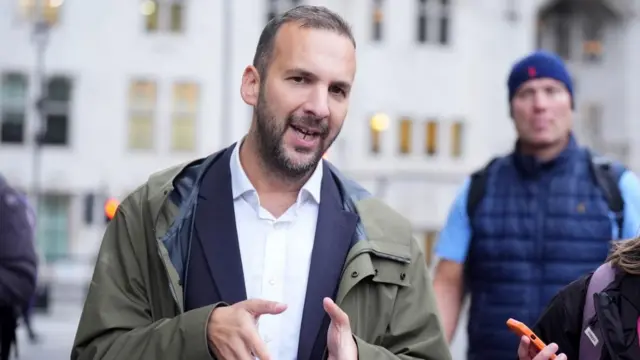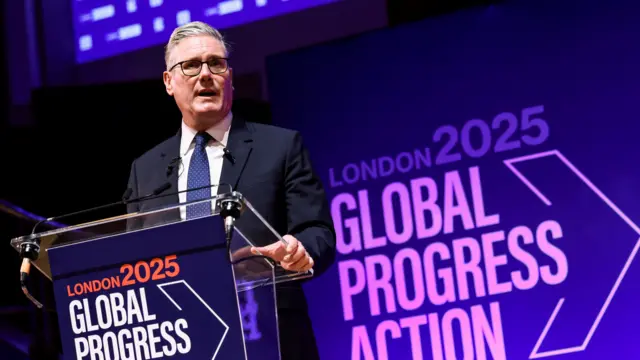
Can we say how many people come to the UK illegally and work here?published at 14:11 BST 26 September
By Rob England
One reason behind the government’s plan to introduce digital ID cards is to help tackle illegal working.
The so-called informal economy, made up of people and businesses operating outside official employment and tax systems, has been cited as one factor attracting people to the UK without legal permission.
Prime Minister Keir Starmer has said that removing this “pull factor” could help deter people from making irregular journeys to the UK, such as crossing the Channel in small boats.
But it remains unclear how many people are in the UK without permission, and how many are working in the informal economy.
Official figures show 49,341 people were detected entering the UK without permission, external in the year to June 2025 - up 27% on the previous year. Nearly 90% of these were small boat arrivals.
Others arrived by hiding in vehicles such as lorries or ferries, or by air before being stopped at airports.
But these are only people who were detected, and the Home Office says it is not possible to know the total number.
It is also possible to arrive in the UK via legal means, but then become unauthorised - for example, overstaying on a visa.
Various estimates for the size of the informal economy have been made over the years, some reaching into the high hundreds of thousands, but Oxford University's Migration Observatory, external think tank says these should be treated with caution, due to the difficulty of producing reliable data.
We've now ended our live coverage on digital IDs, but you can stay across further updates in our main news story or read more about the scheme in our explainer.


















